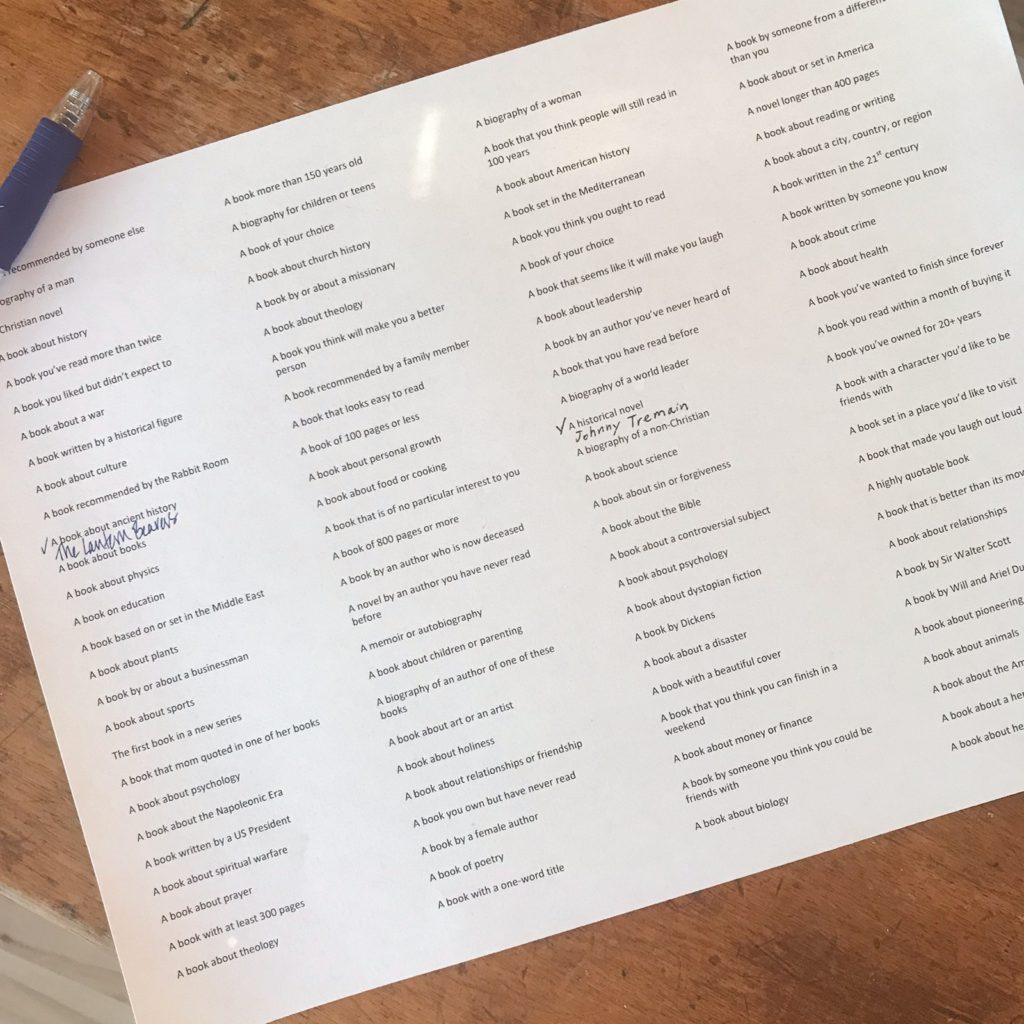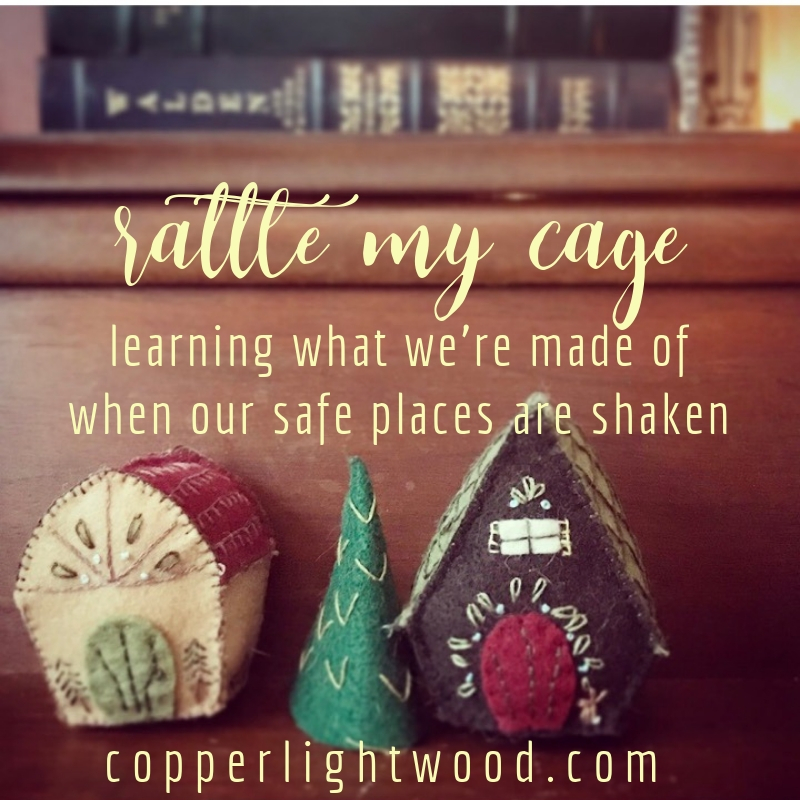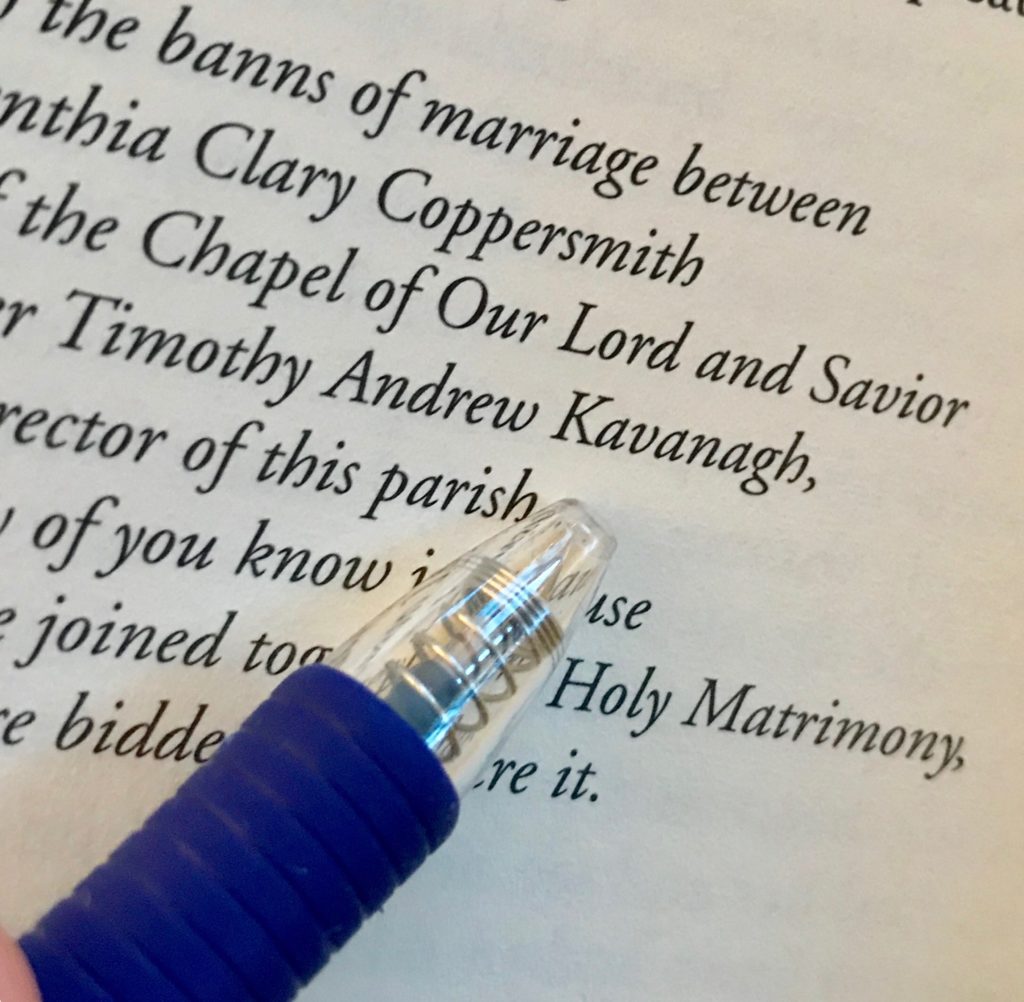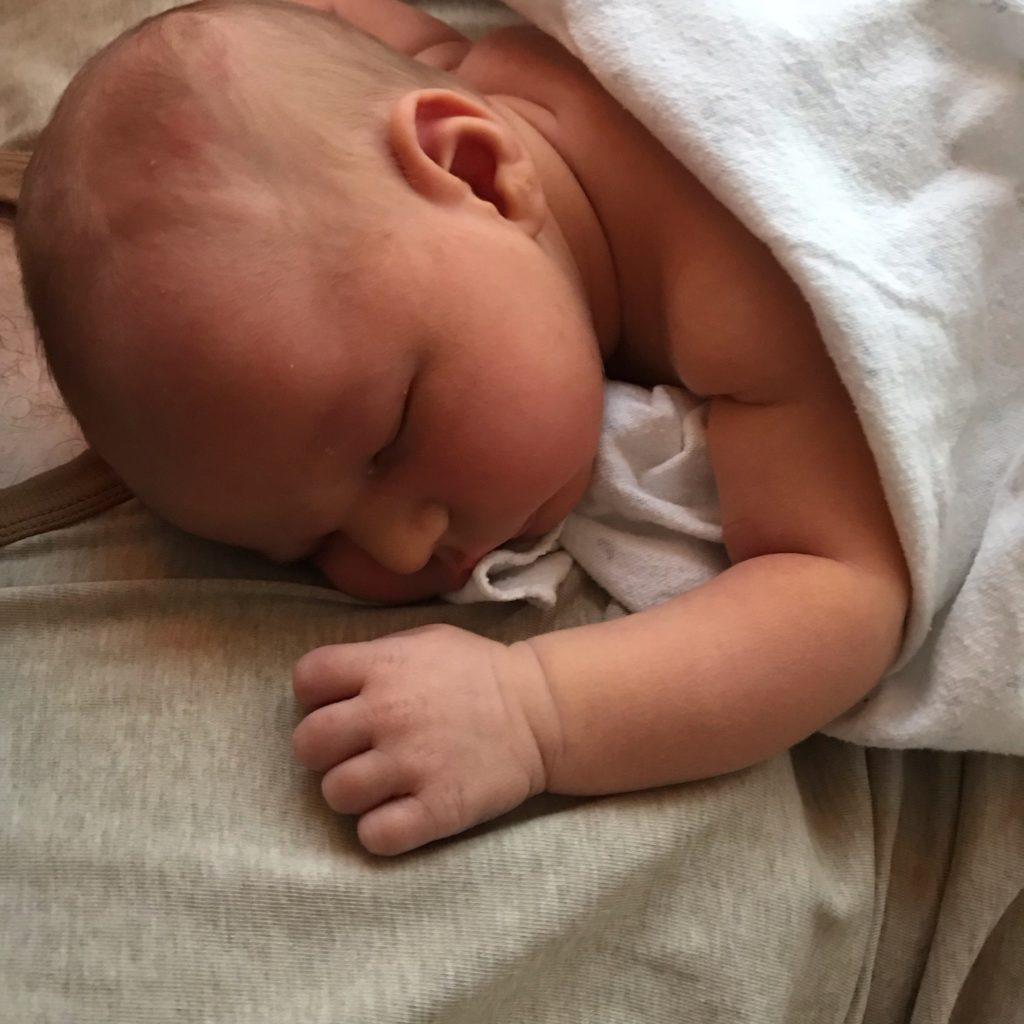A dream woke me up at 5 am.
I had fallen asleep praying for a loved one who seems to be drifting in the last few years, and the next thing I knew, my heart was loud while the room was dark and quiet, and the Lord was telling me, Remember, and share this.

So here goes.
I dreamt of a being in a house I’ve never been to. Most of the kids were with me and there were hills around; my husband and other men were outside, scouting and guarding the area.
We knew we were about to be attacked, that enemies were attempting to invade us. My job was to go along the inside of the house and lock all the doors and windows.
A young man was with me, like my son but not my son. But in my dream I knew he was my right hand man, the one I was relying on the most, as though the men had assigned him to stay with me and the kids for protection and help.
I went down the long, skinny hallway, shutting windows and locking doors until I got to a door that was stuck and wouldn’t latch. I called the young man over to help me and he shut it, and then he went down the hall ahead of me to take care of the rest. But as I followed him with one of my little boys, I noticed the next window was left partly open, and one of the doors wasn’t closed all the way. The young man was increasingly unreliable as he went down the hall toward the end of the house.
The hallway ended with two glass doors that made up the wall of that side of the house. The doors were supposed to meet in the middle and latch, but the glass was cracked and had been cheaply fixed with clear packing tape.
And the doors were still open. The young man was standing in the doorway with my seven-year-old son, and I could see the horde of raiders with weapons coming, running through the woods right toward us.
They had flanked, and were going to attack the back of the house first.
A small shelf of handmade weapons was nearby. Some were worthless cardboard, like children’s toys, but others were knives and hatchets, and I grabbed one of those. But the doors were still open, and my seven year old was standing with the young man, watching them come. They weren’t shutting the doors; they were transfixed on watching the coming onslaught. I kept telling them “Shut the doors! Shut the doors!” and they just stood there.
I grabbed my son and threw him behind me, but the young man was larger than me and in the way; I could not close the doors without him moving.
The first raider reached us with the others right behind him, and he stretched his arm up through the doorway, getting ready to climb in.
And I woke up, but my thoughts finished the dream for me: I knew I would have to kill the invader as he tried coming into the house.
Yeah. Wow, I know, that’s not the normal stuff I share here. As I laid there trying to figure it out, the Lord reminded me that I fell asleep praying for that loved one who has been turning lukewarm, losing vision, tired of the fight. And then I had this dream about the young man, meant to be relied upon to stand and fight and defend. And at first he was reliable, but the further he went into the mission, the less effective he became until he was basically deadened and stupefied, putting the rest of us in danger.
And this is a picture of some in the Church right now who have called themselves Christians for decades.
In the beginning of the reign of Jehoiakim the son of Josiah, king of Judah, this word came from the Lord: “Thus says the Lord: Stand in the court of the Lord‘s house, and speak to all the cities of Judah that come to worship in the house of the Lord all the words that I command you to speak to them; do not hold back a word. It may be they will listen, and every one turn from his evil way, that I may relent of the disaster that I intend to do to them because of their evil deeds. You shall say to them, ‘Thus says the Lord: If you will not listen to me, to walk in my law that I have set before you, and to listen to the words of my servants the prophets whom I send to you urgently, though you have not listened, then I will make this house like Shiloh, and I will make this city a curse for all the nations of the earth.’”
– Jeremiah 26:1-6
It’s easy to write this off as a passage for non-believers, but it’s not. It’s for those who went to the court of the Lord’s house, to all the cities that come to worship in the house of the Lord. It’s for us, the Church.
We have neglected to keep the house, and we need to repent and restore it.
At every pivotal moment in history there have been those who stood by, not wanting to take a stand as evil overtook the institutions and culture of the land. Their discernment and action were dulled and useless because they chose comfort over obedience. They feared man more than they feared God. They worshipped themselves instead of the Creator.
Christians, friends, Church: We have been living in one of those pivotal moments for years now, and the boat needs to rock.
Too many are placidly standing my, flirting with popularity, worshiping ease, drifting lazy fingers in the current as it carries us toward destruction. If you are not speaking out, standing up, learning about what is going on, interceding for those on the front lines of this, and taking action when the Lord calls you to, you are not rocking the boat – you are sinking the ship.
The windows and doors have not just been left open; many in the house have groveled and bootlicked their way to being complete sycophants of the enemy.
Many pastors want a seat at the table Jesus would be flipping over.
We are meant to guard and defend, but it’s easy to fall into sleepwalking through our days, mesmerized by the enemy and doing nothing to prevent His attacks.
So how do we protect our flank?
Are we praying? Are we armed? Are we alert to what’s going on, and preventing the enemy’s access to our family? Or are we just too tired, too numb, too overwhelmed, too careless of those around us?
Because it’s not just about us. There are kids in the house, watching us, learning how to respond to the world out there. Our apathy puts them in danger.
It is exhausting. We are tired. Life is full and frenzied right now, and you’re right, we can’t possibly do everything or be everywhere at once. But this is not the time to make excuses and get sloppy, to move our eyes from what the Lord is calling us to see.
Even though the wise virgins were also weary, they made it an absolute priority to store up oil. Because a lamp without oil burns out quickly.
– Craig Cooney, The Blueprint
I confess I have not prayed as fervently as I should be doing. So I’ve been coming back to the Lord at new times, with new requests, letting Him interrupt me again and in new ways. I do not want to become less effective the farther I go in my journey, or to endanger those I love and am commissioned to protect. I want to be more dangerous to the enemy, and more partnered with the Lord in what He is doing.
I want to better steward the days and assignments He gives us. That requires being aware of what is going on around me, and being willing to do uncomfortable things when He calls me to.
And He calls us to many things: To intercede. To serve. To act. To be alert, because the enemy is like a prowling lion.
If we are actively persisting in the Lord’s presence, He will help us notice what we need to. But if our eyes are elsewhere, we’ll be blindsided and stupefied, a liability to those we love around us.
In the dream, the enemy found the side that had been infiltrated by a sleeping guard, and that’s the side it attacked.
We need to be awake and watchful. Praying and discerning. Standing and defending. Speaking and resisting. Equipped and equipping. Learning and teaching. Repenting and restoring.
Many Christians are vying for a seat at the table Jesus would be flipping over.
We surrender only to the Lord, and we will not step aside for the enemy. This is the ground we’ve been given to protect and defend, and we plan to keep it.





